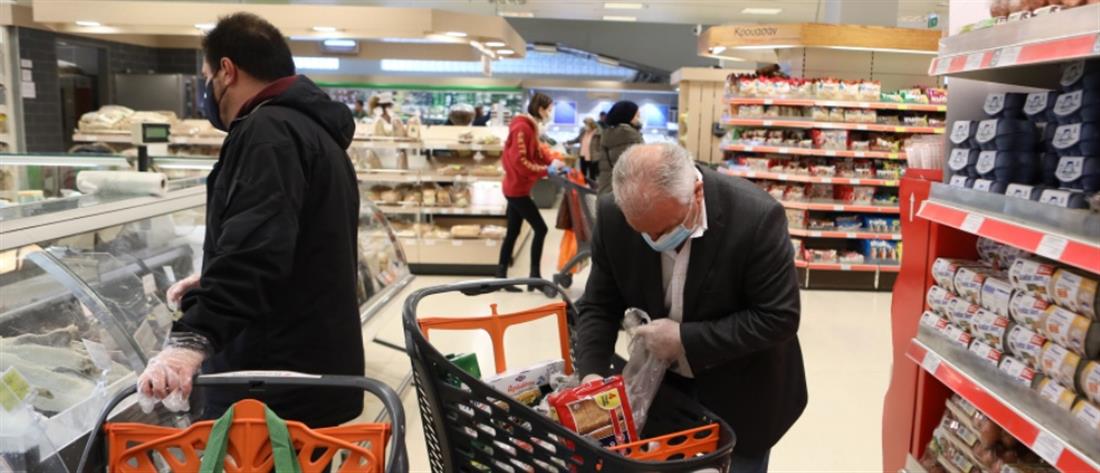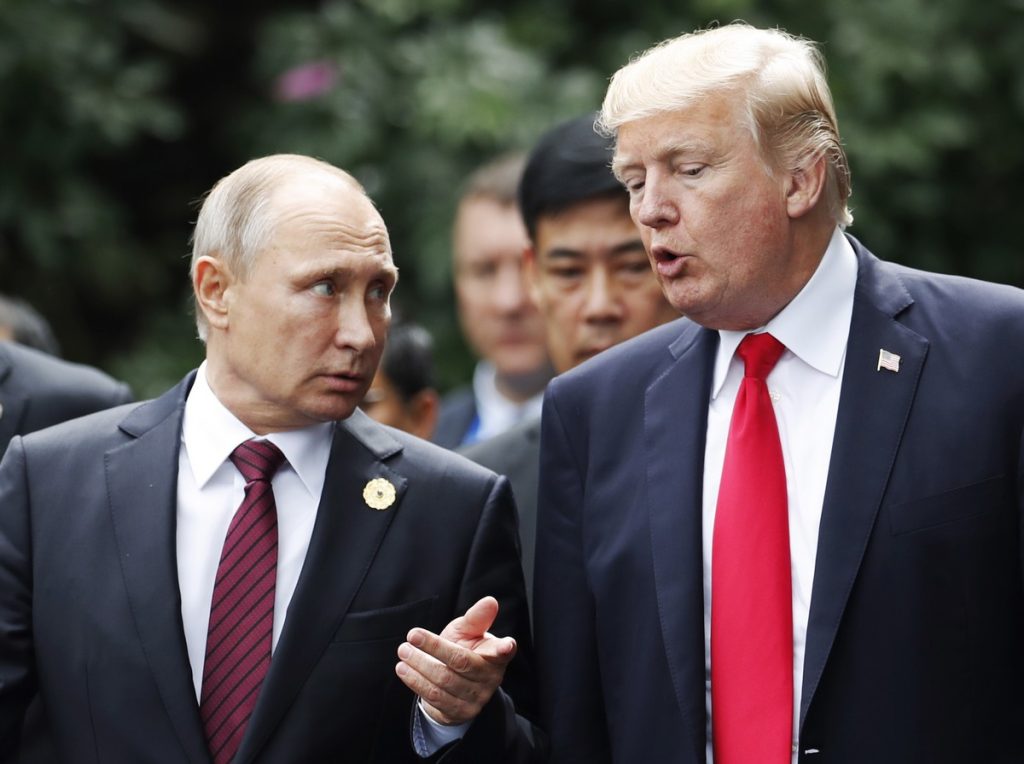The government and the country as of 4 May will enter the next phase of the pandemic crisis with a gradual lockdown lifting which will put an end to SMS permission or written certificates that one has a serious reason (from a list of categories from exercising, grocery shopping, and walking the dog to caring for homebound citizens) to leave one’s home.
This may well prove to be the most difficult phase as we are attempting to exit the security of the lockdown and we are confronting the unexpected and surprising even as the virus is at rest in a mass of asymptomatic people.
There was no room for fresh postponements. Citizens overwhelmingly complied with the rules during the lockdown but its crushing personal and economic burden was becoming unbearable.
One cannot achieve a safe exit without addressing the repercussions of the protracted lockdown.
Similarly, there are no certainties as regards the outcome of the gradual unlocking of the economy.
Moreover, if protective personal hygiene measures are implemented, social distancing is enforced, masks are worn in closed spaces, and common use surfaces are disinfected we can hope to avoid a new outbreak of the pandemic in summer.
On the contrary, we will have time to better prepare for autumn to prepare for a possible second wave which would rock the already very fragile economy.
This is where the notion of personal responsibility comes in.
What is different is that the coercive element in enforcing public health strictures and the administrative fines have been suspended.
Enforcement of the rules will depend on everyone’s proper understanding of his or her role in the community and by extension in the country.
Those who expect everything from the state and are uneasy about placing the burden of protecting public health on the personal responsibility of the people are ignoring a fundamental principle of liberal democracy.
It is based on personal responsibility.




